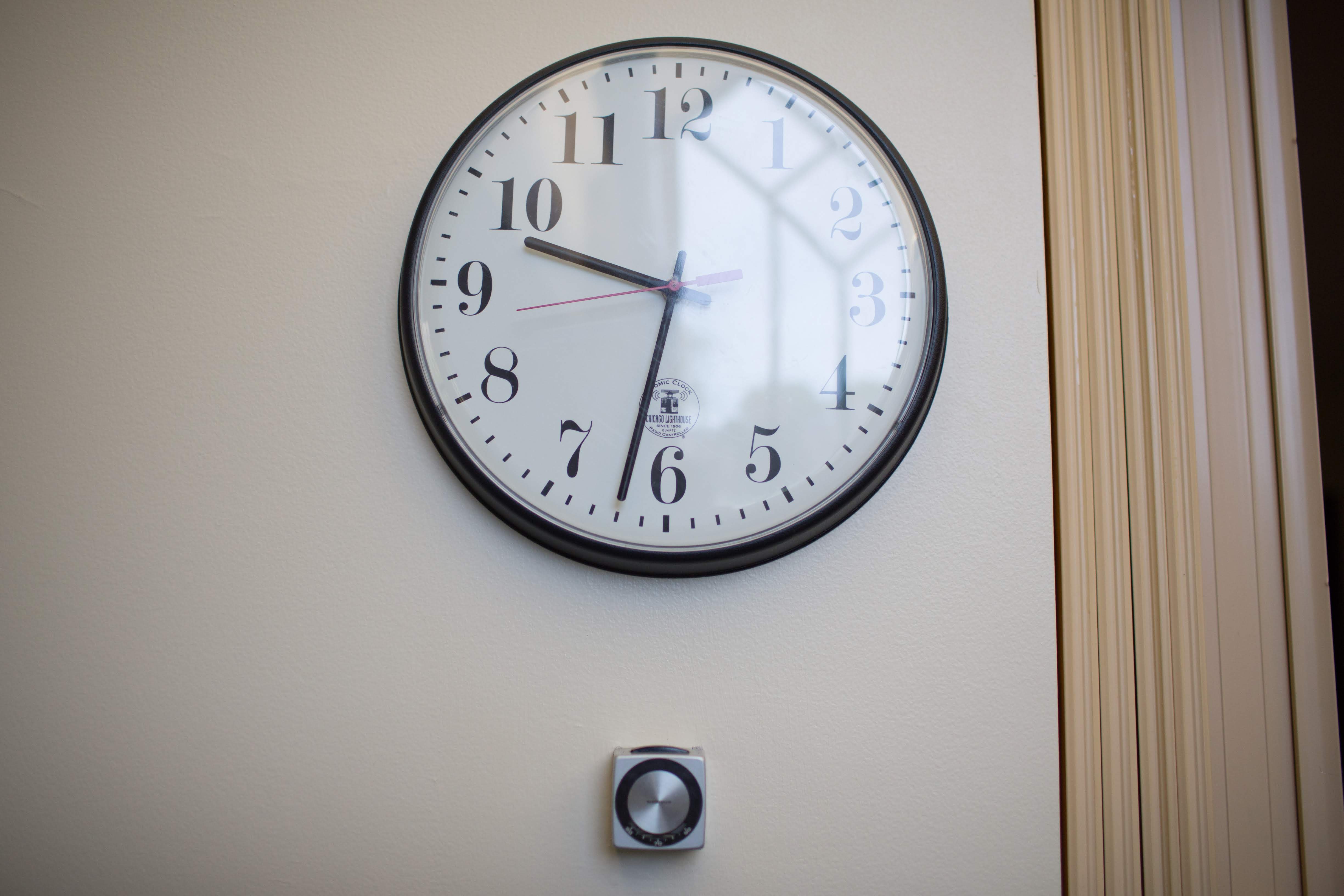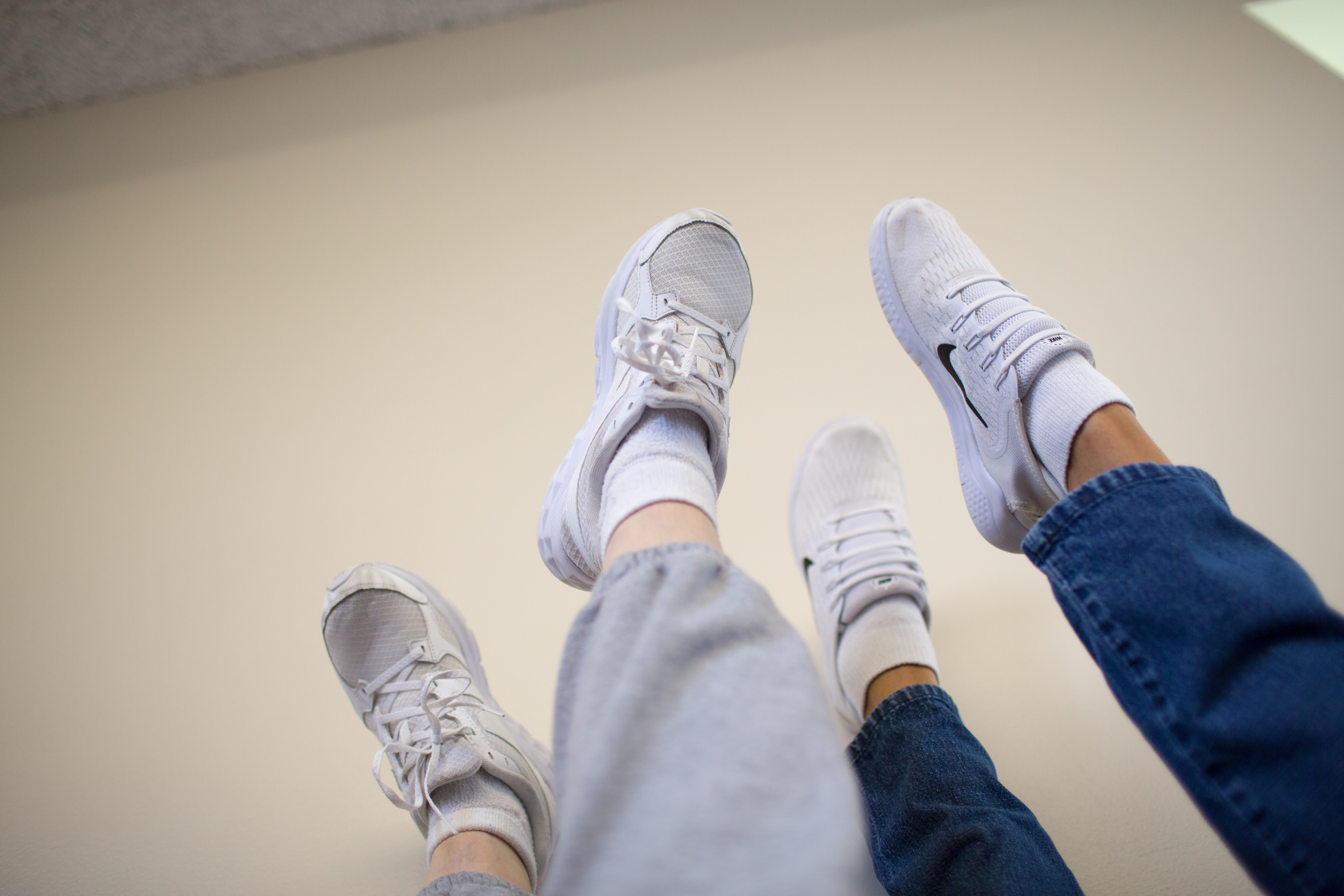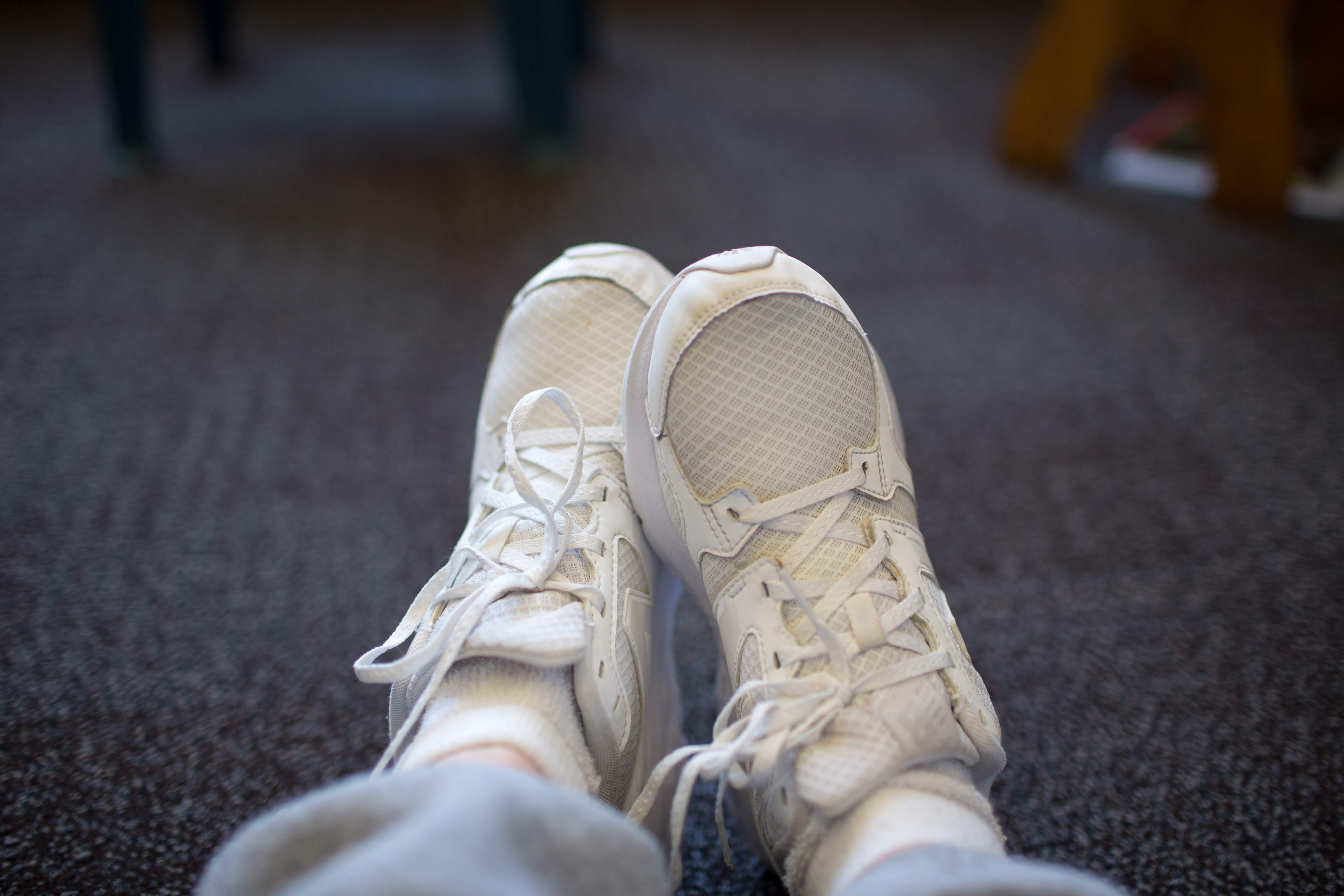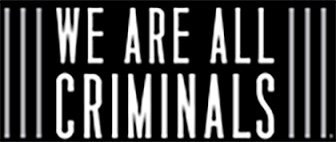SEEN is a prison portrait and poetry project. But more importantly, it’s a Minnesota portrait and poetry project. Through photography, video, and written word, we share the poignant brilliance of poets and prose writers in Minnesota state prisons, and work together to make the invisible visible, the unheard heard, and the unseen seen. Mass incarceration is dependent upon the ignoring and erasure of the human beings we cage. In collaboration with the Minnesota Prison Writing Workshop (MPWW) and the thoughtful, intelligent, humble, and deeply gifted writers on the inside, WAAC challenges and disrupts mass incarceration by clearing the pathways for people behind bars to have their voices heard, faces seen, and humanity recognized–and for people on the outside to reckon with the inhumanity of our country’s mass incarceration mass disaster.
This page is dedicated to Glitter Squirrel’s work. For more poets and essayists, check out the SEEN page.

WHAT I WOULD LIKE TO HEAR
Cat purring, his head—bumping against my chin as we watch the house sparrows splash in their bath in the backyard/ raspberry patch, my dad singing Leonard Cohen’s A Bird on a Wire in my mind as I read the Sunday paper Health section—second page: Ginger ale is healthy, A section bottom left: an antidote for Ebola and the Zika Virus is discovered in the mountains of Peru, A—section page four: those attempting traveling to Mexico to escape the arid conditions of the southwest are being turned away at the border because Mexico does not want any more foreigners, Addendum: Stephen Miller had a stroke and to help him recover, was caged somewhere near the Rio Grande, when last seen, a small Latina was poking him with a stick, in other news the Department of Corrections has a policy change and everyone now serves a third of their time on the condition they read / listen to ten classic books and attend ten plays during their last year of incarceration and I turn on the radio to find the Twins are October bound and it’s only August and it starts to rain and rain and rain upon leaves and I hear a Kawasaki ZRX and a strumming of a bass guitar coming from a few houses down and someone speaking Spanish and I turn the page to the Variety to a review of my most recent play the critics loved except for the turtle racing in the fifth act which no one understands when Dan walks in the front door and tells me that he secretly loves flowers and watching Project Runway too, but he had forgotten to tell me for the last 25 years.
It is only ten a.m.

BRILLAMOS
In junior high school, I took Spanish lessons from a woman in her fifties who had long dark frizzy hair that was parted on the side. Her cheeks were slightly pocked and her eyes were deep set. Mrs. De la Pena. She was an American but had married a man from Cuba, allowing her to sound as if she came from South America. We spent a lot of time conjugating verbs: “Morir: to die. Yo muero, I die. Tú mueres, you die. Él muere, he dies. Ella muere, she dies. Nosotros morimos, we die. Ellos mueren, they die. Morir, to die.”
Mrs. D also taught us how to make tacos and crepe paper roses and about the constellations in the southern sky. An independent thinker and an advocate for the poor, I think that, secretly, she was a communist.
On the right side of her classroom was a corkboard that featured a large poster of Picasso’s Guernica—the oil painting that he made in protest of Germany’s carpet bombing in 1937 upon the small, defenseless Spanish town, Guernica. Underneath my suburban Bonne-Bell, tap-dancing, clarinet-lessoned, Catholic-kneeling, babysitting jacket, was a passionate protester for social justice. I loved that poster.
Guernica screamed for social justice. Running people, severed limbs, smoke, chaos, carnage, a dying horse, dead children, weeping and wailing mother, and the struggle for life. All in a palette of black, white, and grey.
The only redeeming symbols were the two lights at the top center of the mural, an electric light in the shape of an eye and an oil lamp. I liked to think that these symbolized light and life and how both of these were stronger and brighter than the despair they shined down upon.
“Brillar, to shine. Yo brillo, I shine. Tú brillas, you shine. Él brilla, he shines. Ella brilla, she shines. Nosotros brillamos, we shine. Ellos brillan, they shine. Brillar, to shine.”

The Glitter Squirrel in Me
You
bring out the Glitter Squirrel in me
The reading dreamer
The yearbook’s class clown
The nacho-eating Twin’s fan
You
bring out the Glitter Squirrel in me
the I spent my whole cheque on your Christmas present in me
the vegetarian who gets pork chops for her birthday in
me
the Captain Crunch iceberg lettuce Wonder Bread with mayo
American
cheese slices in plastic vanilla ice cream with Hershey’s syrup
Hostess cupcake and 2% milk in me
the four season skin and clumpy mascara
housing laughing crescent blues in me
the negative B blood donor
Black. plastic. flecks. of white alyssum in me
the chalkboard paint on the front flower box
announcing how many soldiers died in Iraq today in me
the plaid shirted tilled fields of the Red River Valley
spring/durum/winter wheat planter
“the grass doesn’t need to be mowed yet”
oil-changing, dog-loving, omelet-eating
Libertarian You, yes you
mono-browed
golden-heart cyclist of the North
You bring out the Glitter Squirrel in me
the otter & the cat cuz I tell everyone
I’m Ragstock but now Nordstroms in me
The 12 pack a day of Tab for 20 years in me.
The lighter and blower of candles
buying Sawatdee to go pad thai with tofu
at the Nicollet location with red fans and small tables.
Wearing a Crate and Barrel badge and something black in me
the I’m not going to talk about a novelist
I’m going to be it in me.
the favorite aunt street marching protester in me
the socialist/hold my ground, I wish there were
more sense of direction in me
the I’ll plant thyme and lavender garden instead
of lawn, can’t change a light bulb in me
the pumps clicking on cobbles & fishnets &
everyone in Women’s studies hates me in me
the punks-don’t-tan, Kinks-concert in me the
thinking that whoever eats veal is a douchebag because they are in me
I am the most dedicated optimism
you ever met, the optimist who stays the course
no matter what.
I am the one you warm the car seat for. I
am the one who ate all your fries.
You bring out the Glitter Squirrel in me.
pedaling tricycle to CCR
alone making crazy eights in the basement
with hair like Farrah thin Levi cords
comb in back pocket
the First Ave regular
the named after a nun
the Uptown stroll
the Violent Femmes cassette Ford 250 extend
cab vs the Vespa and Roxy music
the Stella
Artois the Qtip
lover the
arthritis
the Psychic Warrior
the Thomas Merton
You bring out the Glitter Squirrel in
me tell my life with a garage full
of stage props
and set pieces.
Closets of old
auditions And
callbacks.
My family visits me every night.
stepping into my green room before the
show left, “we got your back”
left, “you got this”
I am the one who survives to love you That is why my love is like chives
a love to recycle all thoughts lost I love so I can finish the story
the way only a glitter squirrel can.

By its very nature, prison is isolating. Stripped of our personal physical identifiers — wedding rings, contact lenses, clothing and makeup, we are away from our homes, family, pets, employment, favorite activities, foods, computers and green spaces. Our lives are condensed. To survive, we cling to what comforts us — small rituals that give us a sense of normalcy and help us retain our dignity. For some, this means going to the gym or walking outside in the courtyard. For others it means calling their mom or child every morning. Some people eat a lot, some church a lot, some read a lot, some play cards with their friends every day. The communities built in prison, as unlikely as they appear, are vital. Whether we have one good friend or a larger group of friends, our community relationships help us navigate and stay balanced while we are here. This balance is upended when we are taken to solitary confinement, or as most people in prison call it, segregation.
Excerpt from Glitter Squirrel’s essay, Incarcerated Women Are Punished for Their Trauma With Solitary Confinement, published December 12, 2020 in Truthout

I resist with writing on two fronts. I resist forgetting. In the manila-covered painting that is prison, it is easy to forget the cacophony of sound and rainbow of color in the world beyond its walls. The name of the coffee shop on Franklin Avenue. The smell of a pile of raked October leaves. The texture of guacamole. I begin to question myself. Are there three cracked tiles in the entry or two? How many cranes are there in the wood block print above the phone? When did the magnolia tree lose its petals? Writing helps to reclaim the little memories enfolded in sensory thought, and keeps my memory from fading.
I also resist shutting out. The tedium of prison can lull us to sleep.
Same schedule.
Same people.
Same clothes.
Same food.
Same environment.
In order to bear witness and tell the stories that reside within prison, I need to be present. Even on the days that I would rather hibernate. Generally, I like most people and enjoy hearing what they have to say, but there are days when I have to I force myself to listen and to watch. This takes energy and will, and the ability to compartmentalize negative narration.
Excerpt from Glitter Squirrel’s interview with Caits Meissner for PEN America.

